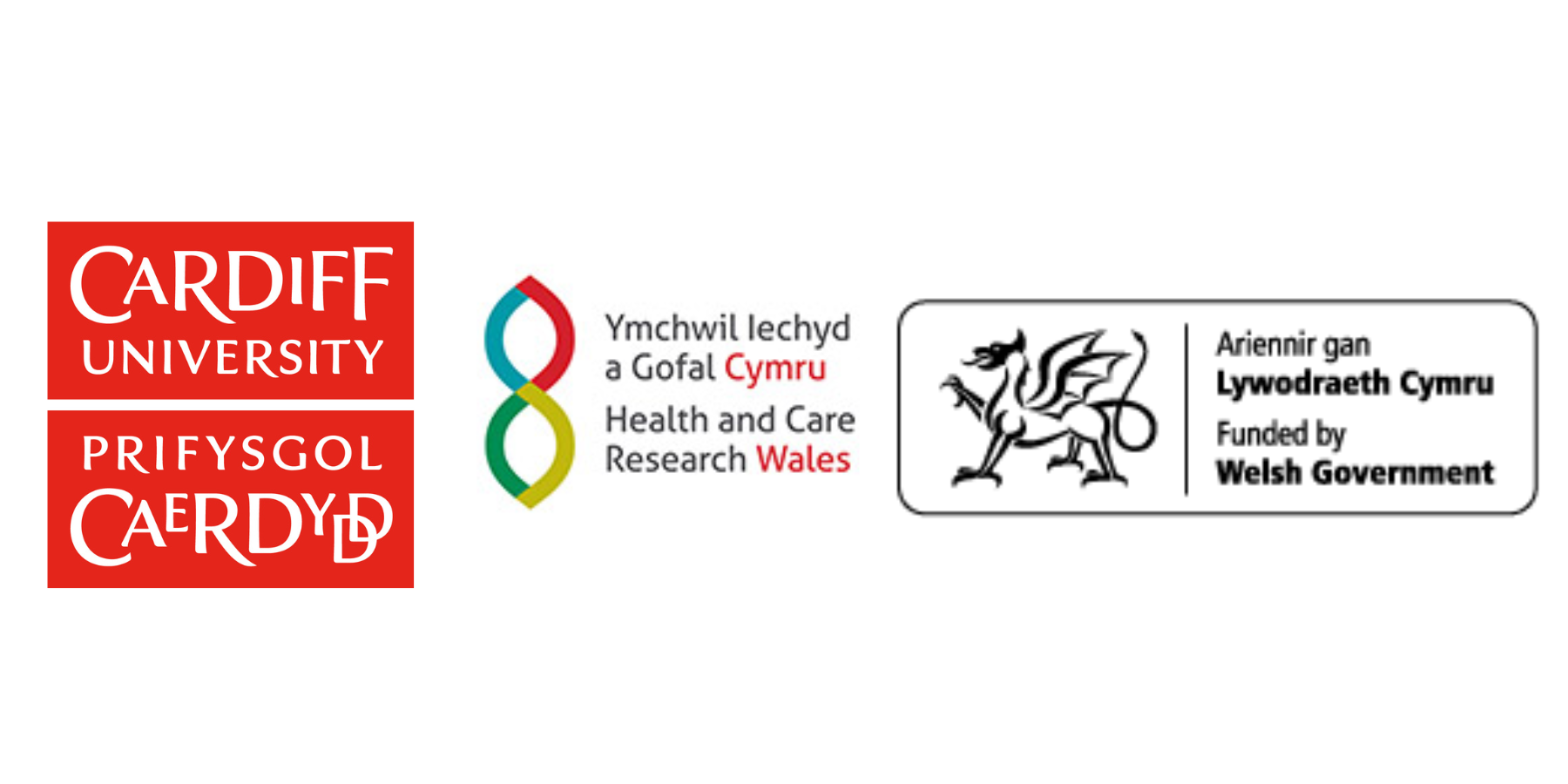
DECIPHer is supported by a Public Involvement steering group that draws together expertise from across Wales to develop good practice and value-added activities. This includes aligning strategies with PHW Young Ambassadors and the Children’s Commissioner’s Office. The aim of our Public Involvement activities is to ensure that research addresses the needs and priorities of young people, families and the wider community, increases the quality of the research undertaken and facilitates impact.
We include public involvement across our research projects at all stages of the research cycle. Public Involvement in DECIPHer research is facilitated at an early stage through the Research Development Group (RDG) process. RDGs are groups of academics, policymakers, practitioners and the public who come together to identify research areas of interest and develop project funding bids. All RDGs are monitored and, if adopted by DECIPHer, support is offered by the Public Involvement Officer who can help identify the most suitable group to work with and advise on inclusion of appropriate expertise and resources within proposed projects. Our young people’s advisory group, ALPHA, helps ensure that Centre research is relevant to young people and their needs through user voice.
Early involvement ensures the public’s contribution is meaningful and that project-funding applications reflect the public’s needs and include adequate resources.

We asked some of our researchers to reflect on their
use of our public involvement networks and the
support we can provide:
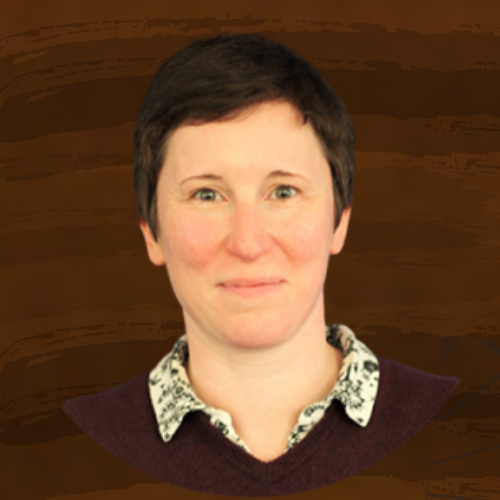
Dr Rachel Brown
‘Consultation with homeless service users at the Hope Centre, London: This was to support the development of a bid to the NIHR, which was subsequently funded (SCeTCH). Service users were consulted on study design, including recruitment strategy and evaluation approach. The same centre has also been consulted with during the subsequent trial to offer feedback on data collection tools.
This work enabled the bid to be more realistic and responsive to service user needs and has aided retention in the subsequent trial. Further, a service manager was included on the bid team as PPI lead to provide an expert voice in study design and completion and two PPI members with lived experience of homelessness are members of the Trial Steering Committee.
UK standards for public involvement were used to support design of study activities, in consultation with the NIHR trial manager.’
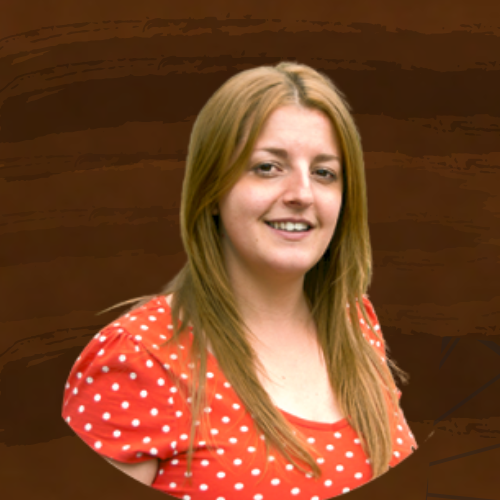
Dr Hayley Reed
‘The ALPHA young people’s advisory group has been involved in supporting my HCRW Health Fellowship project. They have currently been involved once since October 2022 when the fellowship started but are costed in for three more sessions.
I attended an ALPHA meeting with 15 young people in December 2022 so they could advise me on four areas of the research: The name of the Fellowship project; giving advice on how we talk to school students about the ‘missing middle’, a term which young people are generally not aware of; reviewing the primary research documents for students (Consent Forms and Information Leaflets); and helping to guide how we did the focus groups with school students including what questions they thought we should ask.
This made a significant difference to how we wrote and spoke about the ‘missing middle’, completely avoiding that term in research literature and focus groups. They also helped us to think about how we could do participatory focus groups with activities with the school students as a more acceptable way to talk to young people about mental health.’
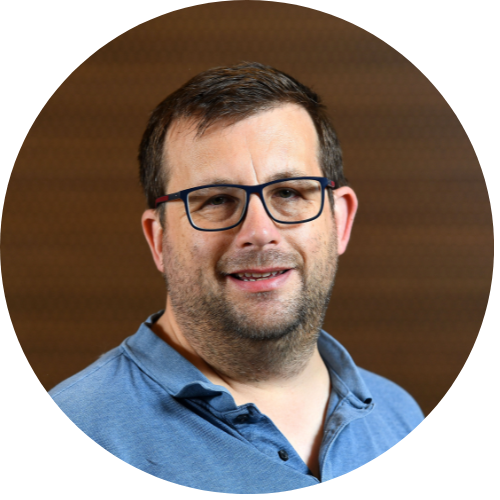
Dr Jeremy Segrott
‘Our Wellcome Trust-funded Mental Health Data Prize project has used a User-Centred Design to include multiple stakeholders in cycles of involvement to develop a school-level dashboard. We have run three cycles of user feedback over the last year to involve young people (from the ALPHA and Wolfson Centre’s Advisory groups), secondary school students, school staff, Healthy School Coordinators, and Whole School Approach Implementation Coordinators.
Through our Advisory Group we have also included the views of leading health academics, Public Health Wales consultants and digital technology experts. As the dashboard has been co-created from its inception, this work has been imperative to develop a user-friendly, accessible dashboard for schools to understand and use their SHRN data.
We have strived to include as many views as possible, for example, attending SHRN summer events so we could involve secondary school teachers from over 100 schools, and joining national meetings for Healthy School Coordinators so they can all be involved if they wished. Involving young people was also a priority with the hope the dashboard can be shared with students in secondary schools. We worked with the Wolfson and ALPHA groups to give a broad range of experience including those with lived experience of mental
health issues.’
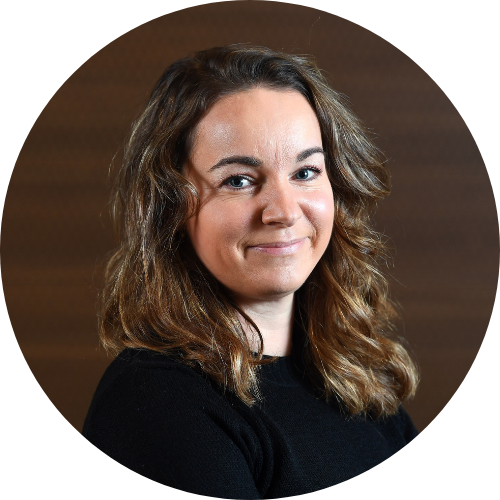
Dr Rebecca Anthony
‘Myself and Emily Lowthian (PI, Swansea University) worked on a project examining patterns of adolescent internet use and the association with mental health and wellbeing outcomes. For the study we consulted with two groups of young people advisors aged 11 to 18 (at the beginning and towards the end of the study); the Wolfson Centre Young People’s Advisory Group and the Triumph network. The young people helped choose the variables to include in the analysis, including having a social media profile, which shaped the outcomes.
In terms of dissemination, they suggested that the best way to reach young people at risk for poor wellbeing was through social media apps such as Instagram and tiktok. We explored many designs and ways of sharing our findings and the groups agreed that a cartoon would be most effective. In addition my fellowship was designed based on the CASCADE Voices ‘window into our priorities document’, and the verbatim formula ‘can you see me?’ event, which highlighted improving relationships with carers and others as a clear priority.
My fellowship ensures an under researched group, care experienced CYP, are included in research. Further, the focus of the work will be on improving their mental health and wellbeing outcomes. In addition, by actively involving both children with experience of care and foster/kinship carers in the research process it enables these groups to be given a voice.
Equality and diversity are at the centre of my fellowship; all research documents will be translated into Welsh, and study materials will also be reviewed by the Ethics Committee as well as PPI groups to highlight any accessibility problems. Secondly, recruitment strategies will be actively monitored to maximise opportunities to continually create a diverse sample.’
